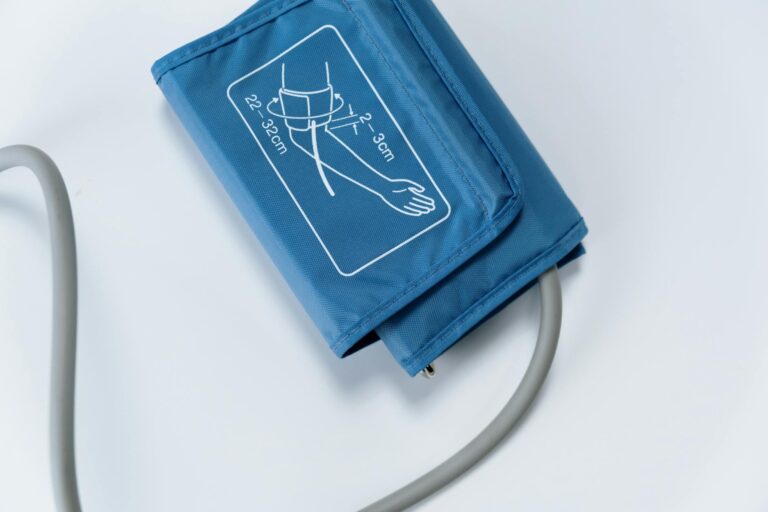The Shocking Connection Between Modern Lifestyle Habits and Memory Loss
In recent years, there has been a growing concern about the impact of modern lifestyle habits on our brain health, particularly when it comes to memory loss. Many of us assume that cognitive decline is an inevitable part of aging, but research suggests that our daily choices can significantly influence our risk of developing conditions like dementia.
### Lifestyle Choices Matter
Experts emphasize that what we eat, how we sleep, and how socially connected we are play crucial roles in maintaining long-term brain health. For instance, a diet rich in nutrients can support cognitive resilience, while poor nutrition can lead to cognitive decline. Similarly, quality sleep is essential for brain function, as it helps remove waste and toxins from the brain, a process known as the glymphatic system. Disrupted sleep patterns, common in modern lifestyles, can contribute to cognitive decline and increase the risk of dementia[1][3].
### The Impact of Technology
The rise of smartphones and social media has also been linked to cognitive issues. Excessive screen time can lead to less sleep, less reading, and less in-person socializing, all of which are critical for maintaining cognitive health. This shift towards a “phone-based childhood” has been associated with increased anxiety, depression, and decreased attention span among young people[2].
### Stress and Cognitive Function
Chronic stress is another factor that can negatively affect brain health. It can shrink the prefrontal cortex, reducing attention span and problem-solving ability. Engaging in stress management techniques like mindfulness and deep breathing can help mitigate these effects[3].
### Interventions for Better Brain Health
Fortunately, there are steps we can take to protect our brain health. Lifestyle changes such as adopting a balanced diet, ensuring quality sleep, and engaging in regular exercise can enhance cognitive function. Additionally, interventions like time-restricted feeding, a form of intermittent fasting, have shown promise in stabilizing circadian rhythms and potentially slowing cognitive decline associated with Alzheimer’s disease[5].
### Conclusion
In conclusion, our modern lifestyle habits have a profound impact on our brain health. By making informed choices about diet, sleep, social interaction, and technology use, we can take proactive steps to protect our cognitive function and reduce the risk of memory loss. It’s never too early to start prioritizing brain health, and with the right strategies, we can maintain a sharper mind and a better quality of life.





